Today's students wonder why we need these libraries at all. The only people who go there are probably the librarians themselves and the few "non-modern" students. Why go there if you can find almost any literature on any subject you are interested in on the Internet? So still, let's sort it out - is it worth going to the university library or not?
Should I go to the university library?
To answer this question, let's first understand what a university library is? It's a rather large room, sometimes even a very large room, with a variety of printed publications that help students fill in gaps in their knowledge. The mere fact that a library is assigned a large room indicates that it must play a significant role in a student's educational process.
You might argue that libraries were built in the days before the Internet and other IT gizmos. Yes, you are right, most libraries were indeed built long before the Internet and computers. But why, then, since they are so cumbersome and no one needs them, no one closes them? And they don't even cut back on space?
And the thing is, gentlemen readers, that in spite of the rapid development of electronics and the Internet, the role of classical libraries has not decreased at all, but, on the contrary, it has increased.
Let me give you an example: you need to prepare a report on a certain topic. What do you do? Go to the Internet and copy the text from an article on some website into a doc-document. However, there is so much information in the Web that it is sometimes very difficult to choose the right one, i.e. "separate the wheat from the chaff". As a result, you can download such a work, which:
- already a hundred years ago is outdated (especially in the field of law) and
- It uses unverified data.
Understand, your professors know very well almost all the books and authors of books on their subject. They should know this simply by professional qualifications, so to speak. And, if you bring as your work, a paper downloaded from the Internet, which is written by someone who does not know the subject, your teacher will immediately feel it and ask for the name of the author of the book from which you took this information. And you probably do not know the author of the book, because you did not use the book when you wrote the report. So do not particularly trust Internet sources!
However, if you are a modern and reasonable person, then you say: I can write my own report, but I will not go to the library of the university anyway! No time. I'll download books from the net, and I'll cut out the pieces of material from different books into my report. Now the teacher will not have a clue! But here, too, you may be in danger.
Everyone knows that there are not very honest people who want to make money "quickly". There are such people among writers and publishers. In principle, any college book summaries should be peer-reviewed by a scientific institute. But we live in a country full of different opportunities. Therefore, it is not very difficult for such dishonest people to "pass" their book through all the reviews and then quietly sell it in the store.
From the store it goes under the scanner, and then to the Internet. And you download such a book, write your report, believing that you are copying material from a "trusted" source. But in fact, you end up with the same thing as in the case of copying information from websites. The result is bad work and a bad grade.
Of course, here we have dramatized things a bit, it is quite possible that you will calmly turn in your work and get a good grade. It is possible. Or maybe not. Imagine, you are a good student and suddenly you get on a job like this. You instantly "fall" in the eyes of your professors. Now for the rest of your studies at university you will be "dragged down the trail" of this work. Do you want that? Why ruin your reputation?
These "cordons" are unlikely to slip through a low-quality book, because before recommending a book to the library, it will be read by a scholar with extensive experience in identifying "gray" books.
What else can the library do for you?
Another undoubted advantage of the library of the University is that in it you can find the rarest copies of books, which sometimes simply do not exist on the Web. Such unique sources of scientific information may come in handy if you are writing any comparative work, for example, comparing education of the nineteenth and twenty-first centuries. Don't forget that libraries are a kind of "dinosaurs" that have existed for a very long time. Accordingly, their storerooms contain a variety of books from different eras.

